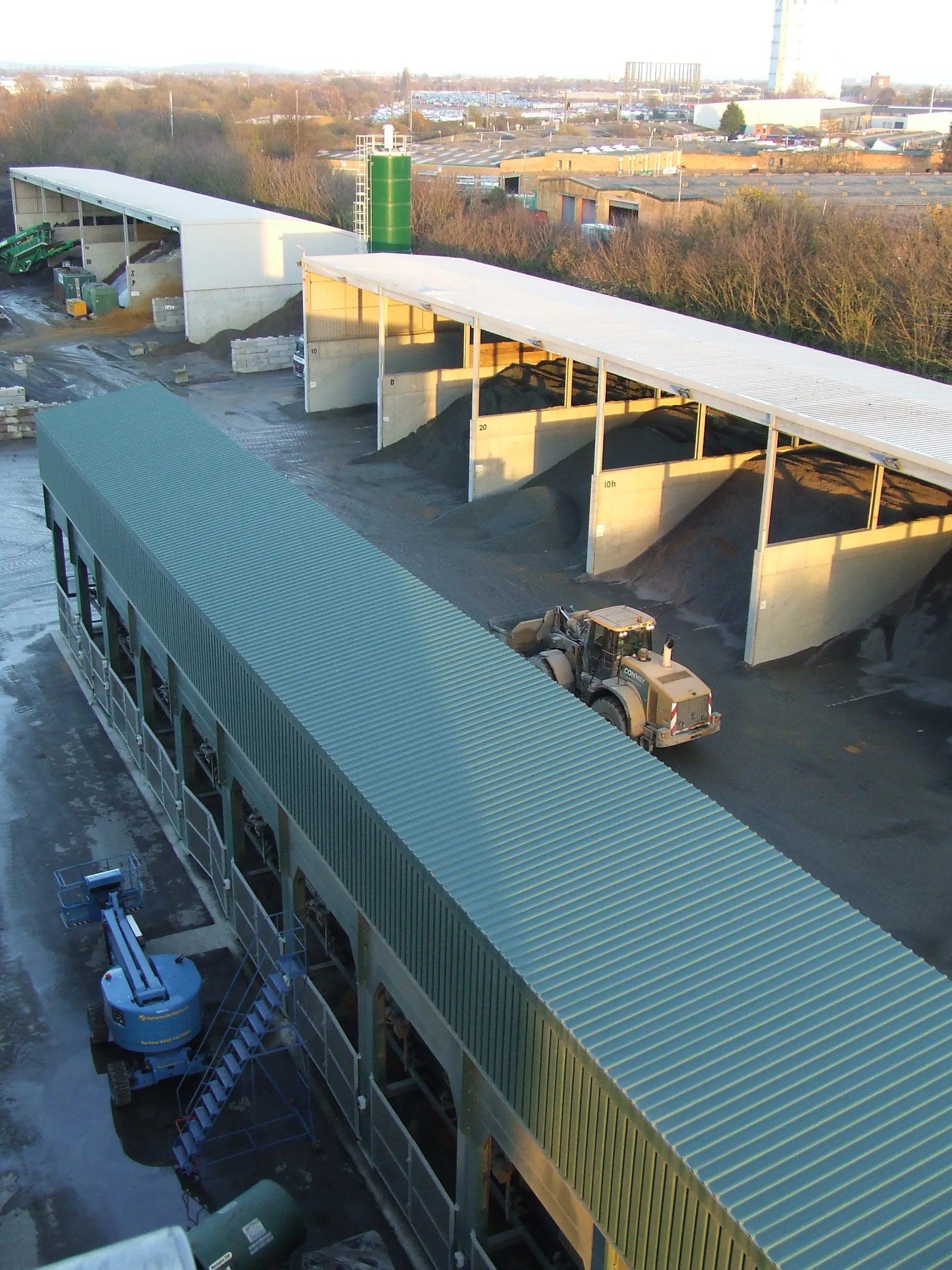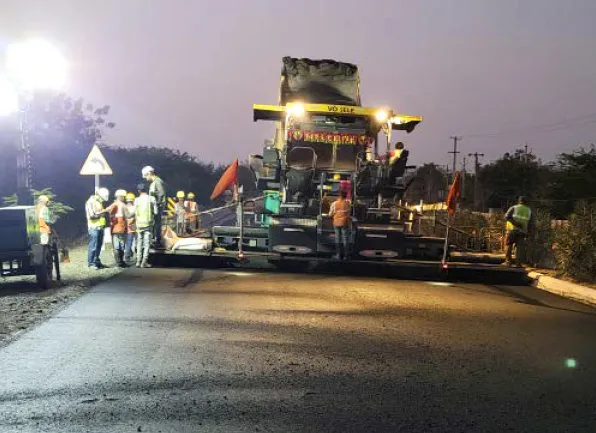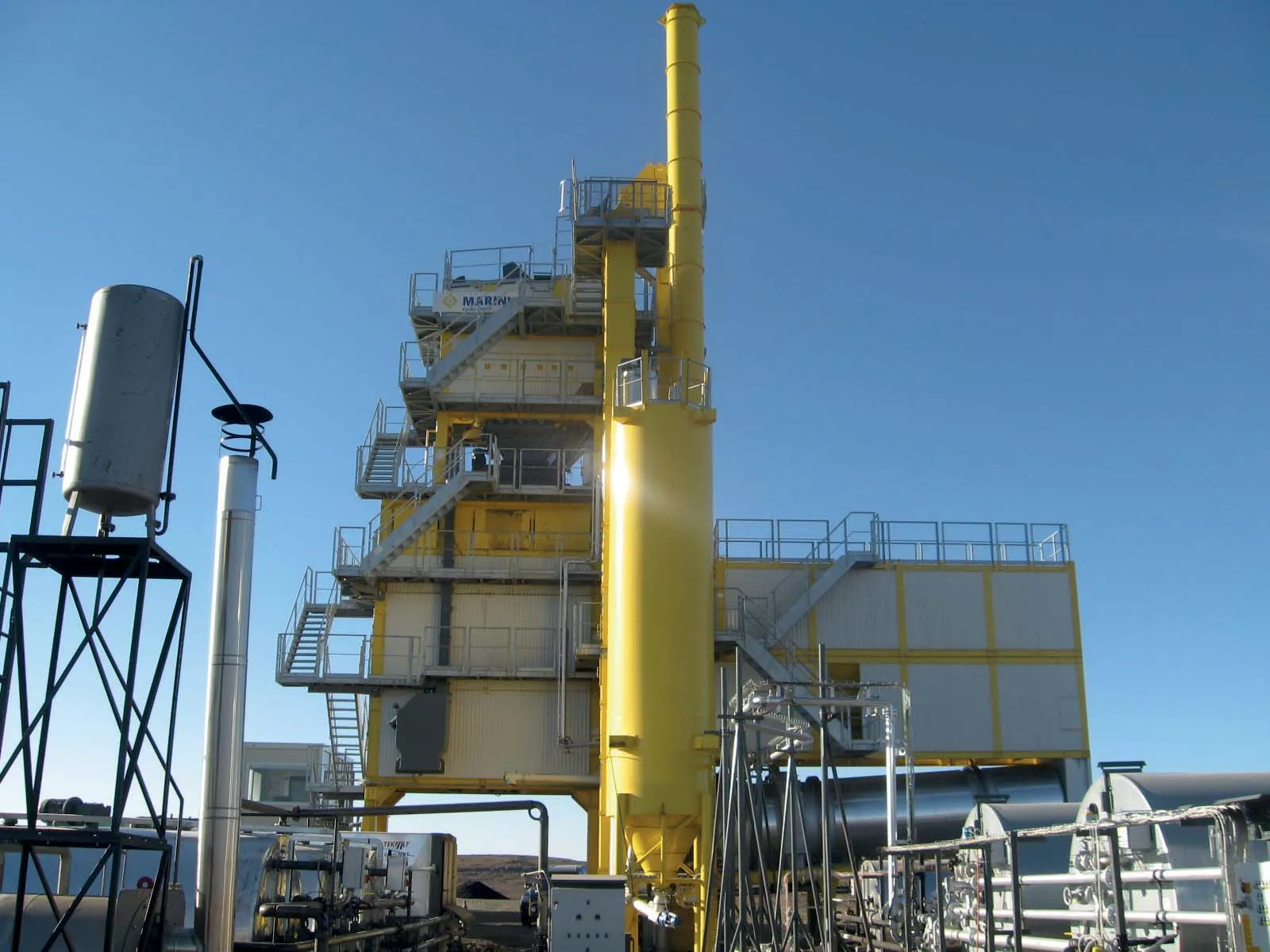
The latest figures on asphalt production in Europe, published in November 2014 by the
Figures for hot and warm mix combined show that the total produced in Europe in 2013 was 277.3 million tonnes, down from 276.4 million tonnes in 2012 and 338 million tonnes in 2008 when the global financial crisis began. For most countries, production picked up a little in 2011, only to drop back in 2012 and 2013.
The only countries to buck the downward trend are Poland and Turkey. Poland produced more asphalt mixes in 2013, compared with 2008, though less than it did in 2011. In Turkey production has been increasing more or less gradually from 26.6 million tonnes in 2008 to 46.2 million tonnes in 2013.
EAPA also collects data on the number of production plants. They show that the number of stationary plants in Europe fell slightly between 2012 and 2013 from 3969 to 3942, while the number of mobile plants increased from 739 to 753. In most European countries, volumes of asphalt mix have not reached pre-global financial crisis levels. Only Turkey and Poland show different trends.







